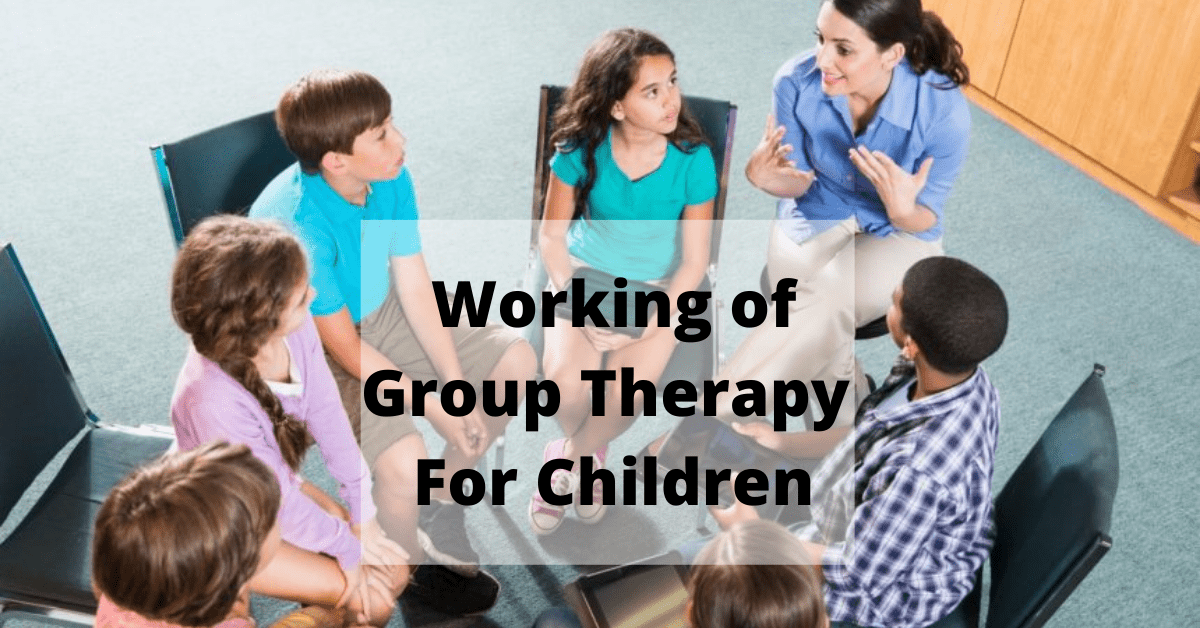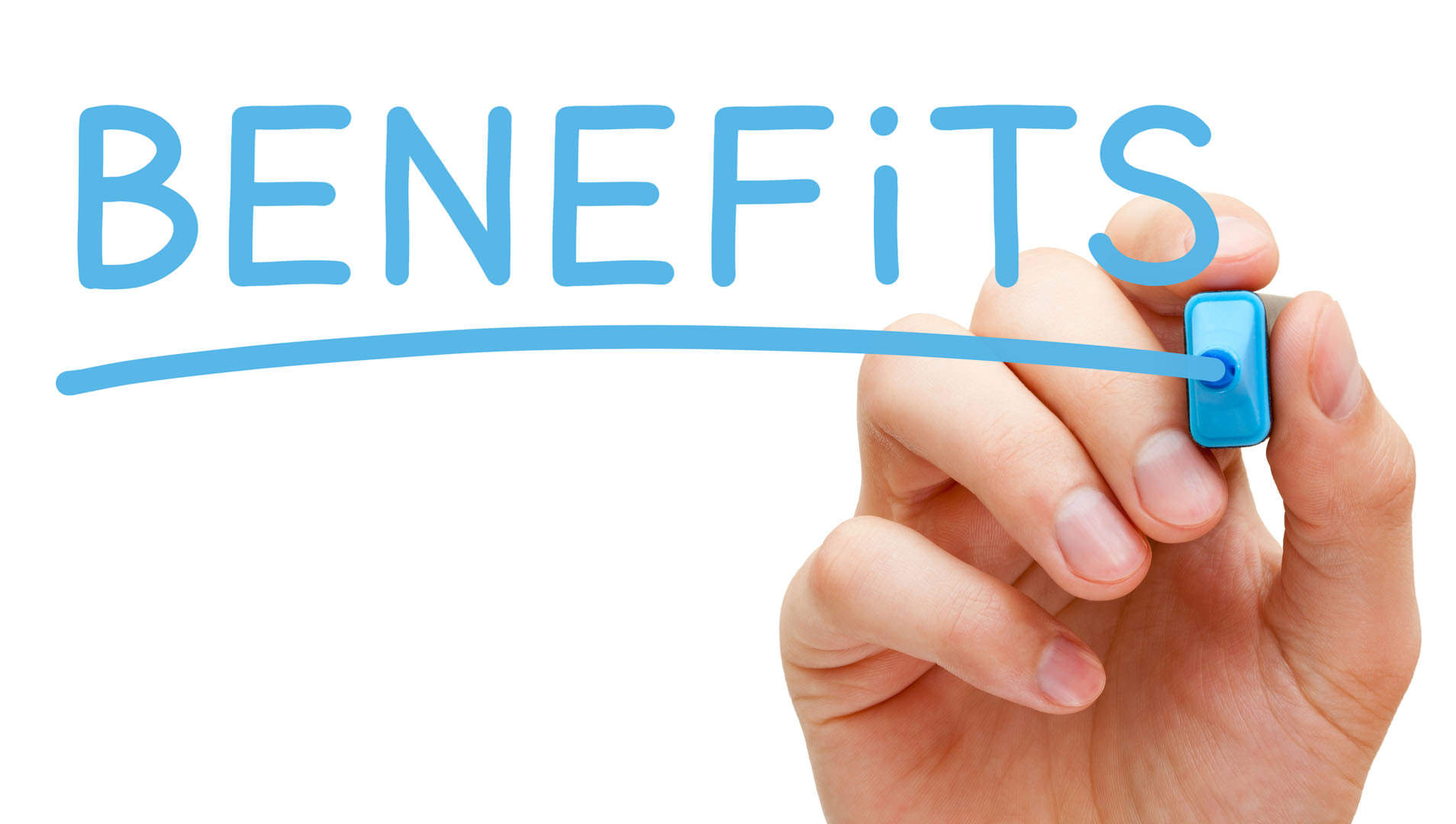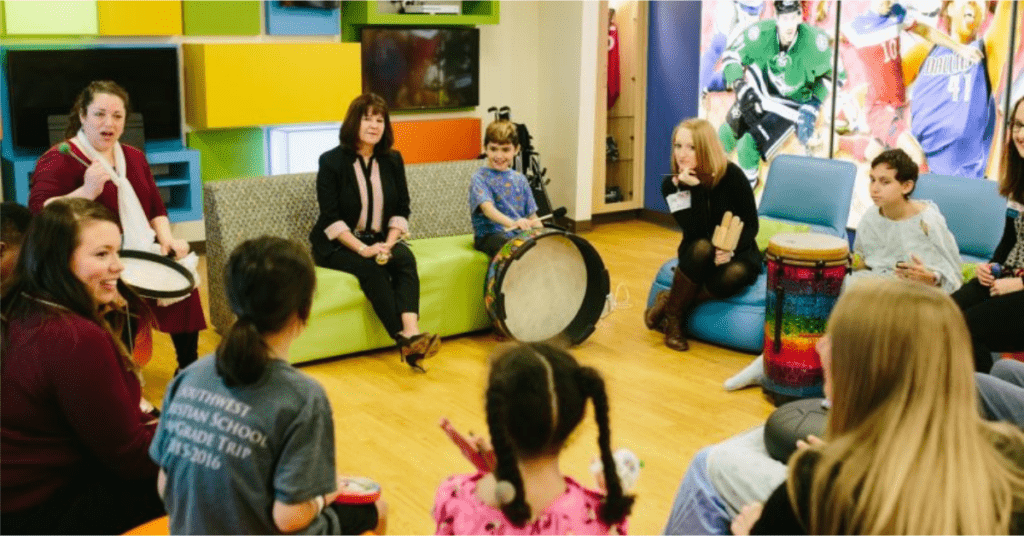Group therapy for children is a safe space where they can share personal stories and healing activities. Group therapy helps kids to feel empowered, less stressed, and more confident in themselves. Children have an opportunity to express their feelings through art or music. This is while being supported by others who are going through similar life experiences. It’s important that we provide our children with this type of emotional support. This is because it will help them grow into healthy adults who know how to properly manage their emotions. In this blog post, you’ll learn about the benefits of group therapy for children and how it can help your child lead a happier life!
Contents
What Is Group Therapy?
 Group therapy is a form of psychotherapy. This involves a group of people meeting together to share personal stories and experiences with one another. It can be helpful for everyone who is struggling with emotional or behavioral issues. This is because it provides them with a safe space to share their feelings and thoughts. Group therapy also includes healing activities. These are such as art therapy or music therapy. This can help everyone process their emotions and experiences.
Group therapy is a form of psychotherapy. This involves a group of people meeting together to share personal stories and experiences with one another. It can be helpful for everyone who is struggling with emotional or behavioral issues. This is because it provides them with a safe space to share their feelings and thoughts. Group therapy also includes healing activities. These are such as art therapy or music therapy. This can help everyone process their emotions and experiences.
Group Therapy For Children
Group therapy in children can be helpful for a variety of reasons. Some children may find that they are more comfortable discussing their feelings and experiences in a group setting, as opposed to one-on-one therapy. Group therapy can also provide social support, which is essential for mental health.
It can help children in many different ways, but it’s important to remember that children are not always the same as adults. The therapist should take into account each child’s developmental level when making decisions about group therapy for children.
Children may benefit from a variety of activities in groups such as: drawing and writing; playing games (such as solving puzzles or board games); talking with other kids who have similar experiences; learning techniques like mindfulness, breathing exercises, and visualization; exploring art materials like paints or clay; doing yoga poses and stretches; discussing emotional issues related to their trauma(s) through role-playing; participating in drama activities where they can express emotions by pretending to be someone else which helps them process these feelings without fear of judgment.
Working of Group Therapy For Children

Group therapy in children is usually done through weekly sessions for an hour or 90 minutes. The therapist should be well-versed in working with children and adolescent trauma, but the group members themselves are often therapists who have received training to provide therapy services specifically geared toward helping other children heal from their own traumas.
Sessions begin by having everyone introduce themselves by sharing something about themselves. It may be something that may not normally share outside of the context of therapy. This is a way to make each child feel comfortable enough to open up about more personal issues when it’s time for them to “share” during these sessions.
Each session focuses on different emotional concepts. This is through activities, role-playing, discussion/sharing, etc. This helps the child better understand how he/she feels inside while also learning coping skills to better navigate their complicated feelings.
Even if a child is not able to verbalize what they are going through, group therapy for children can be especially effective. This is because everyone in the room understands more of what’s going on inside. It is rather than just one therapist who has no idea about this young person’s world outside of an hour or 90 minutes per week.
Is Group Therapy For Children Effective?
Group therapy is effective for children as well as adults because it provides a safe space to explore one’s emotions and connect with other people who have experienced similar traumas. It can help children process their pasts in order to live happier, healthier lives through learning ways of coping with negative thoughts and feelings while also building self-esteem at the same time.
Benefits of Group Therapy For Children

There are many benefits of group therapy for children. Some of these include:
- It’s a safe place to share and connect with other people. These are those who understand what they’re going through. It is because everyone in the room has experienced similar traumas. This is even if it wasn’t sexual abuse like this child is coping with right now.
- Children can learn techniques such as mindfulness, breathing exercises, visualization – all things that will help them process their emotions instead of trying to avoid them.
- Children can also use these techniques to help them fall asleep at night; this is important because children who don’t sleep well often struggle with concentration and memory as a result of their lack of rest.
- It helps the child learn how to express emotions in different ways so they aren’t bottling everything up inside, which could potentially lead to mental health issues such as anxiety or depression down the road if ignored for too long.
- Helps the child feel connected to others which boosts self-esteem and helps them realize they are not alone in what they’re going through.
- Through these sessions, the children can learn coping skills so that when difficult situations come up outside of therapy, they know how to handle themselves without resorting back to their old habits (e.g., acting out aggressively) because this is something they learned during group counseling for kids; it’s nothing new or scary anymore like it used to be before participating in weekly group therapy sessions.
Side-Effects of Group Therapy For Children

There are many side effects of group therapy for children. One of the main benefits is that kids can learn how to interact with others in a healthy way. However, group therapy can also be risky if it’s not done correctly.
Some potential side effects of group therapy include:
Overwhelmed or Stressed Out
Due to this therapy, you may feel overwhelmed or stressed out. It is important to remember that these feelings are normal and usually go away after a while. This may cause one to avoid the treatment.
Peer Pressure
Group therapy can be a great way to make new friends, but it can also have some negative consequences. For example, you may feel peer pressure to do something that is not good for you or your recovery. This could lead to acting out on harmful impulses and behaviors.
Loss of Individuality/Privacy
When meeting with others in group settings, it’s important to remember that this is a time where everyone should be treated equally. It can sometimes cause one child to lose their individuality or privacy when they are required to share personal information with other children who are strangers at first sight. However, sharing these thoughts crosses boundaries which helps them become more around each other over time. If you don’t feel comfortable with sharing personal information at first, take your time and only share what you’re comfortable with.
May Cause Unhealthy Dependency
Group therapy can sometimes lead to an unhealthy dependency on the therapist or other members of the group. This means that you may start to rely on them too much and not be able to solve your problems by yourself. If this happens, it is important to talk to your therapist about it.
Can Result in Negative Outcomes
While group therapy is a good way to help children with their problems, it can sometimes result in negative outcomes. For example, you may be bullied or made fun of by others at the treatment center which defeats the purpose of getting better! If this happens, talk to your therapist about how they can prevent these things from happening again.
Can Prevent Kids From Getting Help
If group therapy is not done correctly, it can prevent kids from getting the help they need. This means that they will not be able to get better and may stop attending treatment altogether. It is important to find a therapist with who you feel comfortable and who knows how to properly conduct group therapy sessions.
May Cause Kids To Go Back To Their Old Habits
If kids are not ready, they may go back to their old habits after group therapy is over. This means that some children will feel more confident in themselves and start acting out on harmful impulses or behaviors again which can be dangerous for them! If this happens, it’s important to find a new therapist who knows how to help you get better.
These are just some potential side effects of group therapy for children. It’s important to always remember that every kid responds differently and what works for one child might not work for another! Therefore, before starting any type of mental health treatment make sure that you’re comfortable with it first.
Group Therapy For Adolescents
Group therapy for adolescents is very effective at addressing a variety of emotional and behavioral problems. In fact, many adolescents who have been involved in group therapy report that they become more aware of themselves as well as others around them.
In general, group therapy works best for adolescents with specific types of issues such as anger management problems or low self-esteem.
Group Therapy For Adults
Group therapy for adults means that they are meeting together in a group with other people. These are those who have similar issues or problems. The therapists lead the discussion and help guide them to finding solutions for their problems.
Adult groups can be helpful when clients want to learn new skills, socialize more effectively, gain insight into themselves and others. This can reduce feelings of isolation and share experiences about overcoming obstacles such as addictions.
Conclusion
Group therapy is an excellent way to help children of all ages. They can learn how to deal with the emotions, conflicts, and issues that they are facing. It can also be a fantastic method for helping them develop life skills. These skills are such as empathy and cooperation. This can serve them well in many aspects of their lives.
For more information and Guidance, please contact MantraCare. If you have any queries regarding Online Child Counseling or Teen Counseling experienced therapists at MantraCare can help: Book a trial therapy session


